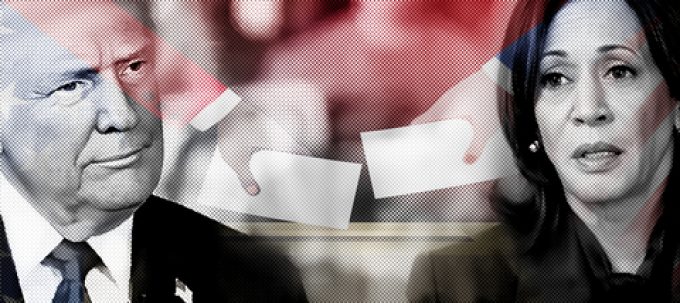Dates to watch for in the latest chapter of TACO's tariff travail
The whiplash continues. As expected, the White House won a reprieve in an appeals court, ...

The prospect of Donald Trump winning the forthcoming US presidential election ought to put the container shipping industry on alert, new analysis from Drewry Shipping Consultants has concluded, describing a potential second term as a “destructive risk to the container market”.
While many of Mr Trump’s ...

Comment on this article